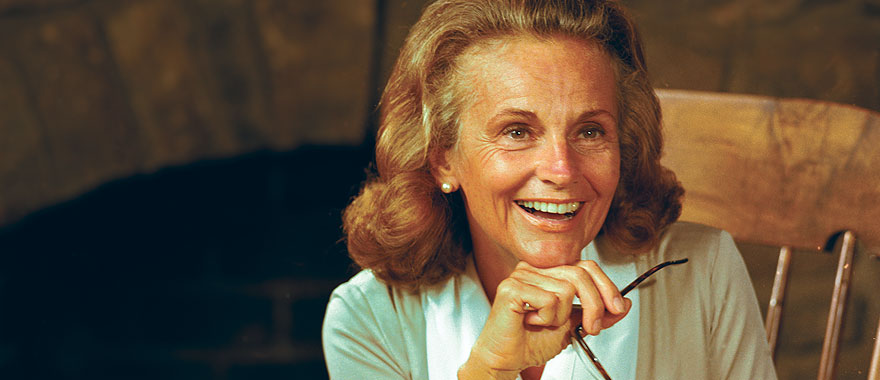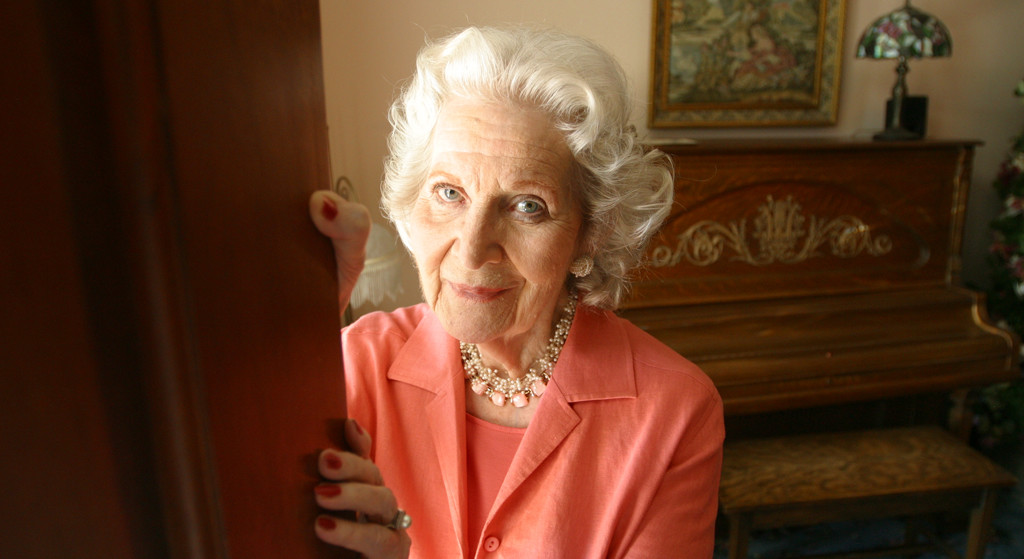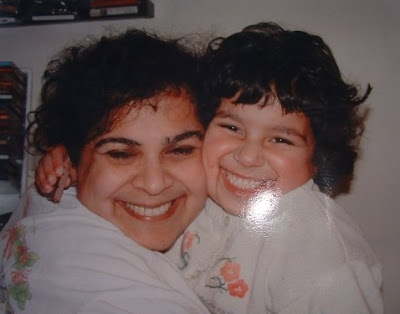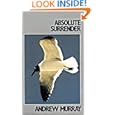You know when you just simply get bored in your spiritual life. The monastics called it accidie. Spiritual sloth or sluggishness. Torpor. Though at a pinch, you can still talk the talk, while your heart says, “Shut up. Fraud.”
It scares me when that happens. I remember reading The Gospel of John around 2003-2004 and it was electrifying. I felt Jesus walked into my bedroom, early each morning, in his majesty and radiance. He spoke to me though that Gospel. Oh how alive it was!
But I am reading it now, and the words which were like an electric shock then, leading me into worship, are not quite as alive. My mind decodes and translates the words. Jesus says “I am the light of the world; whoever follows me will not walk in darkness but will have the light of life,” and instead of worshipping, my mind says, “Okay, so I need not struggle about the balance of writing books and blogging. Or how to lose weight. Jesus is the light. And he will not let me walk in darkness. I will ask him what to do.” Nothing wrong with that, but it sure doesn’t beat worship.
So then, what are we going to do with this Anita, and her cold, dry, dull distracted heart?
I know what I am going to do. And it is, like almost all my spiritual solutions, a monastic solution. Benedict thought of it first.
Lectio Divina. Spiritual Reading. I read books written by men and women who have dwelt far more deeply in the holy places of the Most High.
George Mueller. Hudson Taylor. Bill Johnson. John Piper. Frederick Buechner. John Eldredge. Simon Ponsonby’s “More”. “Joy Unspeakable,” by Martyn Lloyd-Jones. Dallas Willard. Richard Forster. Brother Lawrence. John Arnott. Oh, anything good about experiencing the Holy Spirit.
Ah! See what I was missing. See the joy I was missing. My heart starts beating faster. Excitement floods me again.
I read how Frank Laubach lived in the presence of Jesus though his Game with Minutes. Goodness, so living in the presence of God is that simple? All we have to do is train ourselves to pray through the day. I re-read the lovely books of my friend Paul Miller, Love Walked Among Us and A Praying Life, and my heart beats faster. I want to pray like that!
I browse through my spiritual bookshelves. The Filling of the Holy Spirit. Miracles. Grace, Forgiveness. Prophetic words for the ordinary woman—“all flesh.” Guidance in one’s work or writing. Discerning the will of God. Spiritual treasures: Rubies, diamonds, emeralds of joy and excitement. And here I am drearily reading Proverbs and Leviticus and they are not speaking to me.
I place my dry, distracted heart in the fire of these writers, and it is strangely warmed.
You have made my heart come alive again, dear spiritual writers, friends, forerunners on the Way. And for that, I thank you.
Yeah, indeed this is the way to live. As a child of the Father, hand in hand with Jesus, overflowing with the Holy Spirit, feasting on the bread of life. Allowing ancient vintners, the Trinity and other lovers of God to pour the bubbling wine of joy into my heart.
And I am made new again!
“You can tell the depth of a man’s walk with God by looking at the countenance of his wife’s face,” Bill McCartney, Founder of Promise Keepers

You can tell the depth of a man’s walk with God by looking at the countenance of his wife’s face: Bill McCartney, Founder of Promise Keepers.

I read a painful biography called Man of Vision, Woman of Prayer by Marilee Dunker, daughter of Bob Pierce who founded World Vision. His single-minded, driven, globe-trotting ways caused the break-up of his marriage, much anguish to his spouse, and, she says, contributed to a daughter’s suicide.
 |
| Irene and I. Notice the secret of Irene’s happiness in her fat little paw! |
“Strengthen yourself in the Lord” by Bill Johnson: A guest post from Roy Mathias

- Is powerful because our spirits pray in agreement with God
- Invites the Spirit of understanding to enlighten the eyes of our understanding (esp. when we want to understand things in times of crisis and tragedy.)
- Bypasses the intellect and activates our Spirit born faith (for faith does not come from the intellect)
- Bypassing the intellect, allows us to pray when we lack understanding for how to pray.
Human Sacrifices: The Nature of Idolatry


When I was twenty-something, young and ambitious, I read this statement by Willa Cather, The God of Art demands human sacrifices.
Human Sacrifices: “Anything Else You Worship Will Eat You Alive,” David Foster Wallace
Willa Cather famously said, “The God of Art demands human sacrifices.”
If you worship money and things, if they are where you tap real meaning in life, then you will never have enough, never feel you have enough. It’s the truth.
Worship your intellect, being seen as smart, you will end up feeling stupid, a fraud, always on the verge of being found out.
The Magic Kingdom-VI. The Ones to whom He Opens the Door
 |
| h/t |
II The Magic Worlds of Art and Nature.
Share on site of your choice … Wikio
Absolute Surrender, and the Christian Life
This is an extended metaphor for the Christian life without absolute surrender to God. You can get to the dune, to the pool, to the ocean, to the ice-rink but not really experience the views, the swimming, the gliding, unless you enter in through the narrow gate.
Which is absolute surrender to the will of God.
Absolute surrender is the way to live, leaving more and more of the business of our lives in God’s competent hands. An action, an act of will which we might need to go through several times in a day!
It is the narrow gate into life. It is like death to do it. Have I done it fully?
No, alas, not yet, but I do try to bring my life area by area, into sync with the will of God, just as I am decluttering my house, and bringing order into it, room by room, inch by inch.
I have resisted for years, but I now think, like most hard things, the sooner one gets it done with, the better. The sooner one can begin to enjoy life, to experience joy.
A mystic moment in everyday life, Poem by Rabindranath Tagore
Here’s one of my favourite Rabindranath Tagore poems from Geetanjali
I ask for a moment’s indulgence to sit by thy side. The works
that I have in hand I will finish afterwards.
Away from the sight of thy face my heart knows no rest nor respite,
and my work becomes an endless toil in a shoreless sea of toil.
Now it is time to sit quiet, face to face with thee, and to sing
dedication of life in this silent and overflowing leisure.
- « Previous Page
- 1
- …
- 3
- 4
- 5
- 6
- Next Page »





